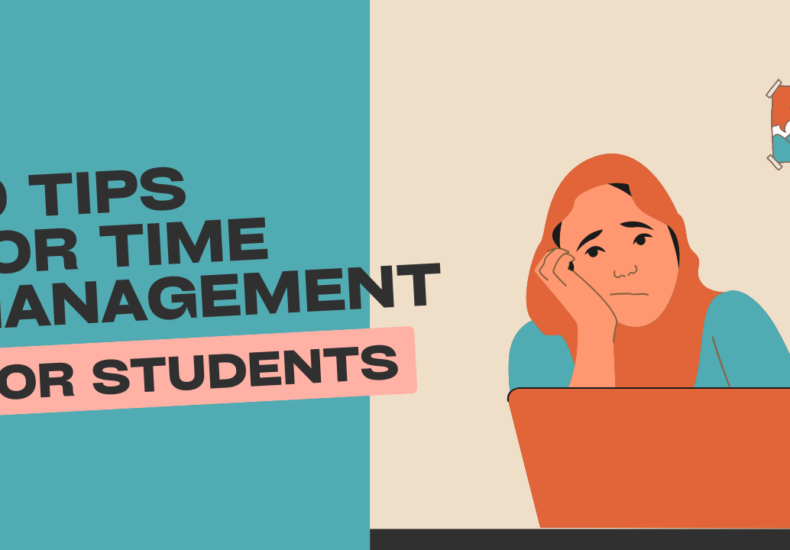
Effective Time Management Tips for Students
Introduction
Time management is a crucial skill for students, helping them balance academics, extracurricular activities, and personal life. Developing effective time management strategies can improve productivity, reduce stress, and enhance overall academic performance.
1. Set Clear Goals
Defining short-term and long-term academic and personal goals can provide direction and motivation. Setting SMART (Specific, Measurable, Achievable, Relevant, and Time-bound) goals ensures clarity and focus.
2. Prioritize Tasks
Using the Eisenhower Matrix or similar prioritization methods helps students categorize tasks based on urgency and importance, ensuring that the most critical work is completed first.
3. Create a Study Schedule
Having a well-structured study plan can help students allocate time effectively to different subjects. A balanced schedule prevents last-minute cramming and enhances retention.
4. Utilize Time Management Tools
Technology offers various tools, such as calendar apps, to-do lists, and productivity trackers. Applications like Google Calendar, Trello, and Pomodoro timers can help manage tasks efficiently.
5. Avoid Procrastination
Procrastination can lead to missed deadlines and increased stress. Techniques like the Pomodoro Technique, time-blocking, and self-imposed deadlines can help students stay on track.
6. Break Tasks into Manageable Chunks
Large assignments can feel overwhelming, leading to avoidance. Breaking tasks into smaller steps makes them more manageable and reduces procrastination.
7. Eliminate Distractions
Creating a distraction-free study environment enhances focus and efficiency. Turning off notifications, using website blockers, and setting specific study hours can help minimize distractions.
8. Practice Self-Care
Effective time management includes scheduling breaks and self-care activities. Regular exercise, proper sleep, and mindfulness can improve concentration and productivity.
9. Learn to Say No
Overcommitting to activities can lead to burnout. Students should set boundaries and decline non-essential commitments that interfere with their academic priorities.
10. Reflect and Adjust
Regularly reviewing time management strategies ensures continuous improvement. Identifying what works and making necessary adjustments can lead to long-term success.
Conclusion
Mastering time management is essential for students aiming for academic success and personal well-being. Implementing these strategies can lead to better productivity, reduced stress, and a more balanced lifestyle.
You may also like
You may be interested
10 Study Hacks to Improve Memory and Retention
Introduction Studying effectively is a skill that can be developed...
The Importance of Critical Thinking in Modern Education
Introduction In today's fast-paced and information-driven world, critical thinking has...
STEM vs. STEAM: Understanding the Difference and Benefits
Introduction Education in science, technology, engineering, and mathematics (STEM) has...
Archives
Calendar
| M | T | W | T | F | S | S |
|---|---|---|---|---|---|---|
| 1 | 2 | 3 | 4 | 5 | 6 | |
| 7 | 8 | 9 | 10 | 11 | 12 | 13 |
| 14 | 15 | 16 | 17 | 18 | 19 | 20 |
| 21 | 22 | 23 | 24 | 25 | 26 | 27 |
| 28 | 29 | 30 | ||||
Leave a Reply